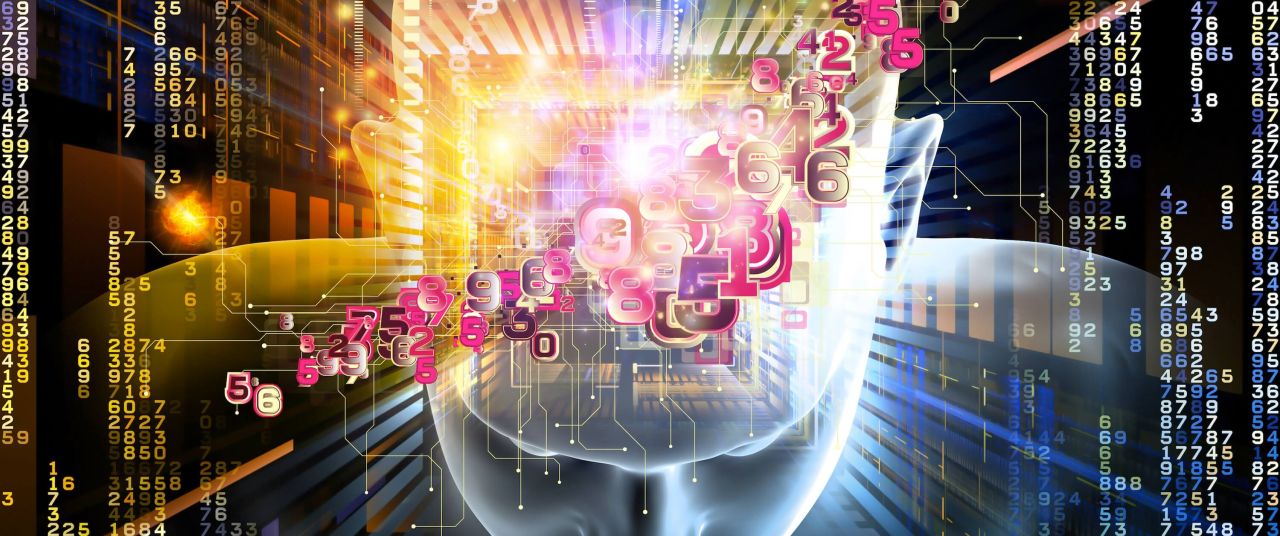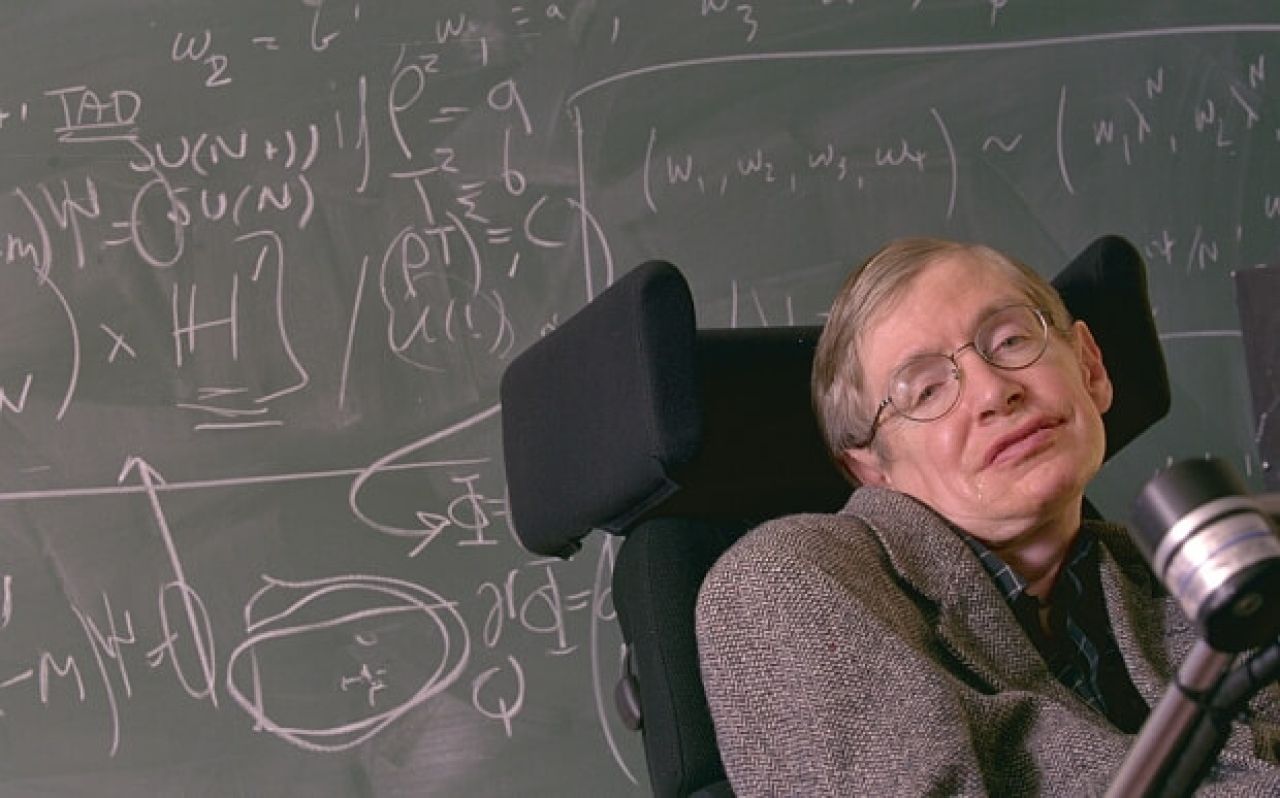Why is Stephen Hawking afraid of Artificial Intelligence (AI), and Whether is it really terrible?

Artificial Intelligence has already been developed more than 60 years ago. Robotics are used everywhere, and we often even don’t think about it. They fly into space, produce cars, clean apartments, look for the information on the Internet by person’s request. But will the day come when robot decides that it knows better what it should do?
In 2015, dozens of well-known scientists, entrepreneurs and investors signed an open letter calling for more attention to security and public utility of AI development. The founder of SpaceX and Tesla Elon Musk and Stephen Hawking, famous scientist and astrophysicist, are among them.
Artificial Intelligence: pros and cons
The Professor Hawking believes that Artificial Intelligence will overtake and surpass human’s one in the next hundred years. As AI technology advances, human control over this process will decrease up to that artificial intelligence will operate and develop independently. According to the scientist’s opinion, it endangers the very existence of mankind.
However, Stephen Hawking considers current developments in the field of artificial intelligence very useful. He suffers from amyotrophic lateral sclerosis and uses a special system developed by Intel for voice transmission. Also, AI experts from the British company Swiftkey participated in the equipment creation for Hawking. Their AI technology is already used in the smartphones’ keyboard, “learns” the professor’s train of thought and offers words that he could employ in the following sentence.

Besides distinguished scientist enthusiastically spoke about the creation of new communication technologies, which allow himself to write much faster.
Professor Hawking is not alone in his pessimistic vision of artificial intelligence’s future. There are fears that in the short run the machine trained to carry out the dirty mechanical work will deprive the people of millions of workplaces. Such point of view is often stated by the engineer and entrepreneur, founder of the space company SpaceX, Elon Musk.
Sometimes it’s difficult to understand what artificial intelligence is because the difference between the machine and the object of AI is not obvious. Nevertheless, there are people who have a different attitude to artificial intelligence’s future unlike Elon Musk and Stephen Hawking.
Afraid of people, not AI
Tatiana Danielyan, the Deputy Director of ABBYY, developing OCR (optical character recognition) System, defines Artificial Intelligence as a just fast process of large amounts of information that a person is not able to do.
Danielyan says that people are afraid of technical progress, but it is inevitable. Robots already replace people, for example, in surgery.
According to her beliefs, concerns about the war between the machines and the people are unfounded. ‘People are distinguished by creative thinking. This is a property to take an inexplicable and unpredictable decisions. A robot will never have creative thinking because it appeals to the database for instructions. People decide what to download in it. Therefore, if the Rise of the Machines happens, some of the people will be interested in it’ – Danielyan concludes.
Also, people think they won’t be able to distinguish a man from a robot. And it will hurt them because its motives are inhumane and incomprehensible. Although, Danielyan claims that people will always be able to distinguish them.
Positive force
Nevertheless, the application Cleverbot successfully imitating the course of human thought managed to fool a lot of people. Cleverbot software has proved itself in the so-called Turing test. The essence is as follows: a communicating person, based on the answers to the questions, tries to define either his interlocutor is a person, or it is a machine.
Rollo Carpenter, the creator of Cleverbot web application says: ‘We cannot say with certainty what will happen when the artificial intelligence surpasses us. Therefore, we cannot predict how they will behave. We will remain masters of the AI technology for a long time, and it will help us to solve many problems of the world’.
Artificial Intelligence’s future
Erkozha Akylbek, the partner of KPMG, estimated that in 2015 AI technology market accounted for approximately 5% of global venture capital investment which constituted $ 47.2 billion. It is 3 % more than in 2013.
Pavel Cherkashin, the managing partner of GVA Vestor.in, notes that at the moment expectations of Artificial Intelligence companies are higher than their real incomes. He predicts that a Skynet analog appears in a financial sector, where the hidden knowledge gives maximum performance. It also may refer to any Internet application in order to study people’s behavior and ability to adapt to needs and preferences.
And yet, a modern approach to Artificial Intelligence technologies has huge prospects in many fields of knowledge, primarily related to IT and software development:
- Generation and speech recognition
Systems of verbal communication are created in order to improve the speed of data input into a computer as well as for the implementation of speech communication at a distance.
- Processing of visual information
Image processing tasks associated with transforming the graphic images, the result of which are new images. In the task analysis, original image data are converted into a different type, such as text descriptions. In the synthesis of images is input imaging algorithm and output data are graphic objects.
- Pattern recognition
This is one of the earliest areas of artificial intelligence, where object recognition is performed on the basis of the application of a special mathematical apparatus providing the attribution of objects to classes, and the classes are described by a set of values of certain attributes.
- Education and learning
This includes the actual area of AI models, methods and algorithms aimed at the automatic accumulation and formation of knowledge using data analysis and synthesis procedures.
- Games and machine creativity
Machine creativity includes composing computer music, poetry, intelligent systems for the invention of new objects. Creation of intelligent computer games is one of the most developed commercial areas in the field of software development. In addition, computer games provide a powerful arsenal of tools used for training.




